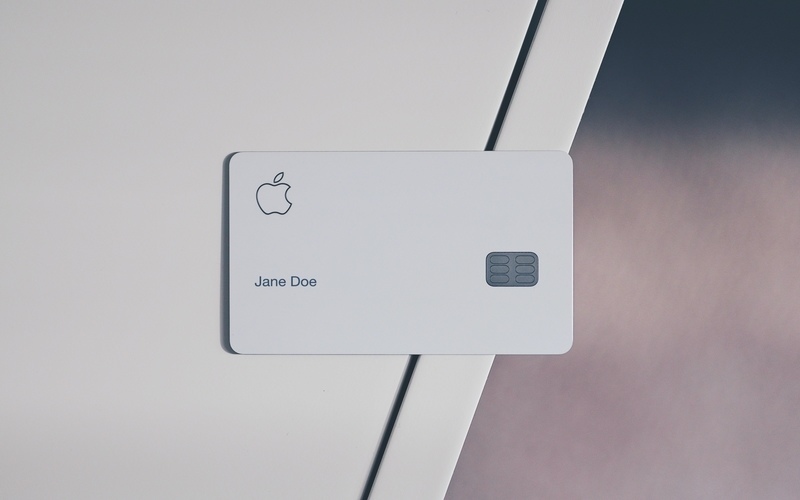This comes as the Australian Energy Regulator (AER) released its final determination for the 2022-23 Default Market Offer (DMO), which is the safety-net price cap designed to protect consumers from unjustifiably high energy prices.
When compared to last year, NSW residential consumers are set to see increases of 8.5% to 18.3% in nominal terms in the coming financial year.
South-east Queensland customers are set to see prices pushing 11.3% to 12.6% higher, and South Australians will face an increase of 7.2% to 9.5%.
Over the past year, wholesale costs for retailers have risen by 41.4% in NSW, 49.5% in Queensland and 11.8% in South Australia - which is the main reason energy bills are set to rise.
AER Chair Clare Savage said setting the DMO was particularly difficult this year as the regulator wants to balance additional cost pressures on consumers with ensuring retailers can recover their costs.
"In setting these new DMO prices, we understand the significant impact they will have on some consumers who may already be struggling with cost of living pressures," Ms Savage said.
"We have given scrutiny to all factors affecting the DMO calculation and have set safety-net prices that reflect the current conditions and underlying costs to retailers."
Ms Savage said setting the DMO isn't about setting the lowest price.
"We are required to set a price that will allow retailers to recover their costs, earn a reasonable margin and support retailers to compete and offer better deals and products in a competitive retail environment," she said.
"Our safety net DMO price will continue to protect consumers from unjustifiably high prices and will continue to provide the reference point from which consumers can shop around for a better deal."
How can you prepare for rising energy bills?
AER said a default energy contract is usually a standing offer contract with basic terms and conditions, which is generally more expensive than competitive deals from retailers or market offers.
Ms Savage said that with increasing cost of living pressures being felt across the country, it's especially important for customers to engage with their retailers to ensure they're getting the best deal.
"Residential customers can currently save around $443 or 24% off their bill, and small businesses can save around $1,308 or 29% by switching," she said.
You can use the AER's comparison website Energy Made Easy to see what other retailers are offering.
"Any Australians struggling with their power bills should contact their energy provider as soon as possible to get help," Ms Savage said.
"Don’t ignore the problem and hope it will go away. Contact your retailer to ensure you are getting any concessions or rebates you may be entitled to and agree a payment plan you can afford."
If you're a Queenslander, you should be set to receive a $175 Cost of Living Rebate on your next power bill.
Image by Patrick Tomasso on Unsplash



 Denise Raward
Denise Raward
 Harry O'Sullivan
Harry O'Sullivan

 William Jolly
William Jolly


